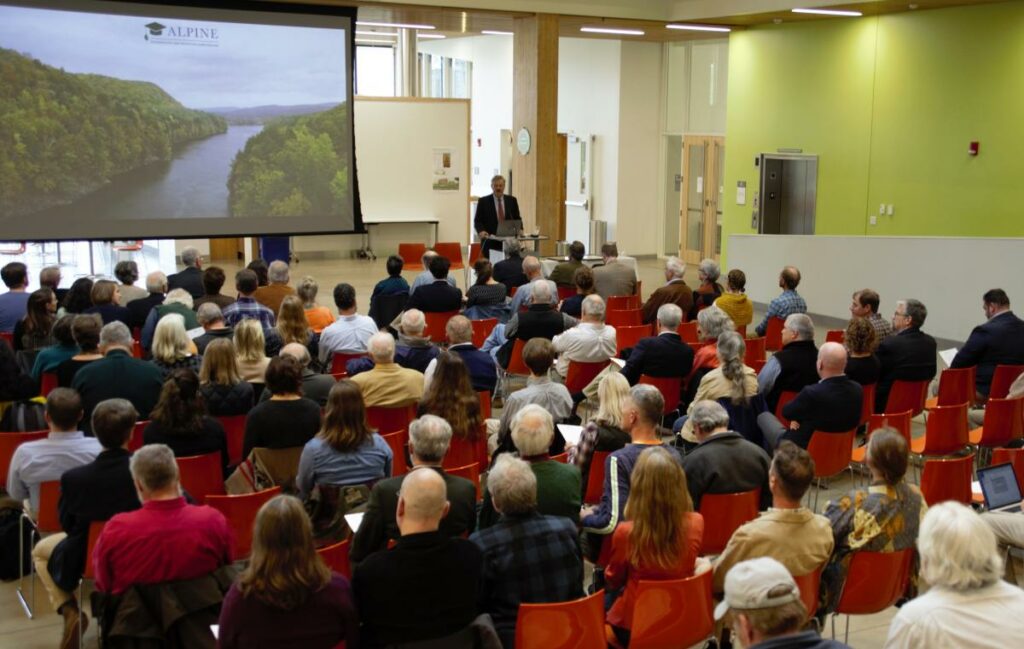
The Charles H.W. Foster award honors the distinguished conservation leader and mentor, Charles H.W. Foster, who passed away several years ago. Dr. Foster was—throughout a career of leadership in both the academic and public sectors—a remarkable catalyst of conservation initiatives, serving as a key player in the establishment of both the Cape Cod National Seashore and the Silvio O. Conte National Wildlife Refuge, as well as many other local and regional initiatives. Foster was the first Secretary of Environmental Affairs for the Commonwealth of Massachusetts, one of the first full-time executive directors of The Nature Conservancy, the dean of the Yale School of Forestry and Environmental Studies, and a beloved lecturer in the Harvard Kennedy School’s environment and natural resources program. He was also a close collaborator with generations of program managers at the Lincoln Institute of Land Policy focused on land conservation.
In the twenty-first century, it will take initiative from all hands—including innovators from the public, private, civic, and academic sectors—to address the immense environmental challenges we face, including climate change and landscape fragmentation. Academic institutions in New England, where much of the theory and practice of conservation and environmental protection emerged in the United States, have a great deal to offer in addressing these challenges.
To tap the energy and initiative of colleges, universities, and research stations across the region, the Wildlands and Woodlands Initiative—based at the Harvard Forest (a research and educational unit of Harvard University) and supported in part by Highstead Foundation and the Lincoln Institute of Land Policy—inspired the creation of ALPINE. The organization’s mission is to encourage the faculty, students, administration, staff, and alumni of institutions of higher education across New England to become significantly engaged in the conservation of land across the region. There are many institutions working very hard to advance land conservation on their campuses through teaching, research, working with land trusts, conserving land, and engaging students. ALPINE believes these institutions should be recognized for their exemplary leadership in land conservation and aims to highlight their continued work as a model for others.

